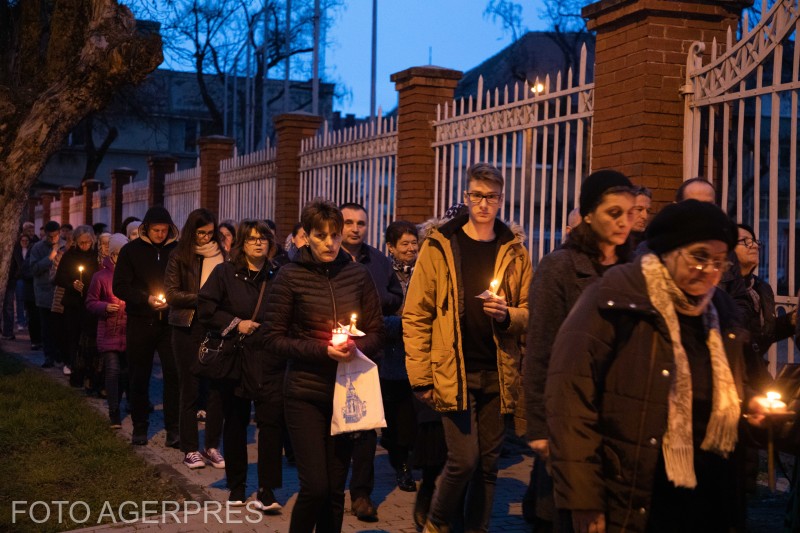The compensatory appeal law has been repealed
Parliament has repealed the compensatory appeal law, which has sparked great controversy since its adoption

Roxana Vasile, 05.12.2019, 13:50
Having taken effect two years ago,
the compensatory appeal law was repealed on Wednesday in Parliament by
unanimous vote. Originally designed by Justice Minister Raluca Pruna, the law
was passed in 2017 by the Social-Democratic ruling power. It was meant to do
away with the harsh sanctions Romania was handed down by the European Court of
Human Rights for its improper detention facilities. According to the National
Penitentiary Administration, some 23 thousand felons were released from prison
under the new law, of which 19,000 on probation. 2,300 reoffended and were sent
back to prison, some of them having committed criminal offences shortly after
their release, others because they were being investigated in other criminal
cases at the time of their release. The National Liberal Party in power, in
this matter supported by Save Romania Union, admits the law was originally
designed to deal with the precarious situation in penitentiaries, but claims it
was twisted by the Social-Democrats to serve as an amnesty in disguise. Liberal
MP Ioan Cupsa:
The law 169 of 2017 denoted an
obvious lack of wisdom and goodwill, unlike anything this Parliament has seen.
You knew the effects it would have, but you needed some of your colleagues to
be released earlier from prison, so you let everyone go.
The Social-Democrats defend
themselves, arguing everyone who got an early prison release under the
compensatory appeal law was released by court order. Alfred Simonis, the leader
of the Social-Democratic group in the Chamber of Deputies, who voted in favor
of the repeal, has admitted to the flaws in the former law, saying citizen
safety prevails over any sanctions Romania might receive from the European
Court of Human Rights for its improper detention facilities.
We hope that the new Government
will find alternative means of detention, as well as measures to avoid ECHR
sanctions. We all agree it’s better to pay compensations, if it comes to that,
rather than release people from penitentiaries.
On the very day the law was
repealed, the Finance Ministry published a draft law whereby the state has
loaned 177 million euros from the Council of Europe Development Bank. The money
will be used to build two penitentiaries that will be able to detain 1,900
offenders in line with European standards.
(Translated by V. Palcu)






























